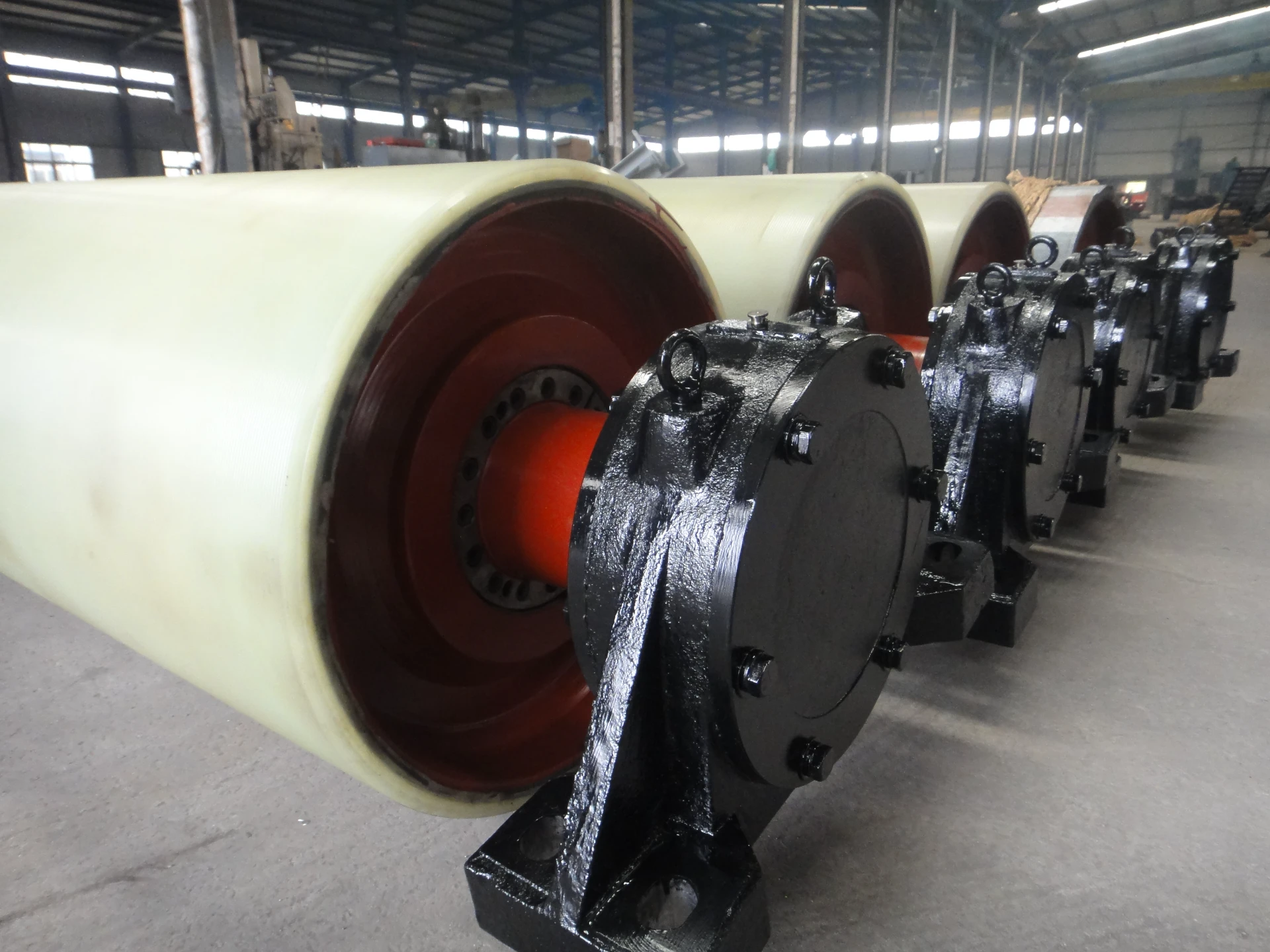 Afrikaans
Afrikaans  Albanian
Albanian  Amharic
Amharic  Arabic
Arabic  Armenian
Armenian  Azerbaijani
Azerbaijani  Basque
Basque  Belarusian
Belarusian  Bengali
Bengali  Bosnian
Bosnian  Bulgarian
Bulgarian  Catalan
Catalan  Cebuano
Cebuano  Corsican
Corsican  Croatian
Croatian  Czech
Czech  Danish
Danish  Dutch
Dutch  English
English  Esperanto
Esperanto  Estonian
Estonian  Finnish
Finnish  French
French  Frisian
Frisian  Galician
Galician  Georgian
Georgian  German
German  Greek
Greek  Gujarati
Gujarati  Haitian Creole
Haitian Creole  hausa
hausa  hawaiian
hawaiian  Hebrew
Hebrew  Hindi
Hindi  Miao
Miao  Hungarian
Hungarian  Icelandic
Icelandic  igbo
igbo  Indonesian
Indonesian  irish
irish  Italian
Italian  Japanese
Japanese  Javanese
Javanese  Kannada
Kannada  kazakh
kazakh  Khmer
Khmer  Rwandese
Rwandese  Korean
Korean  Kurdish
Kurdish  Kyrgyz
Kyrgyz  Lao
Lao  Latin
Latin  Latvian
Latvian  Lithuanian
Lithuanian  Luxembourgish
Luxembourgish  Macedonian
Macedonian  Malgashi
Malgashi  Malay
Malay  Malayalam
Malayalam  Maltese
Maltese  Maori
Maori  Marathi
Marathi  Mongolian
Mongolian  Myanmar
Myanmar  Nepali
Nepali  Norwegian
Norwegian  Norwegian
Norwegian  Occitan
Occitan  Pashto
Pashto  Persian
Persian  Polish
Polish  Portuguese
Portuguese  Punjabi
Punjabi  Romanian
Romanian  Russian
Russian  Samoan
Samoan  Scottish Gaelic
Scottish Gaelic  Serbian
Serbian  Sesotho
Sesotho  Shona
Shona  Sindhi
Sindhi  Sinhala
Sinhala  Slovak
Slovak  Slovenian
Slovenian  Somali
Somali  Spanish
Spanish  Sundanese
Sundanese  Swahili
Swahili  Swedish
Swedish  Tagalog
Tagalog  Tajik
Tajik  Tamil
Tamil  Tatar
Tatar  Telugu
Telugu  Thai
Thai  Turkish
Turkish  Turkmen
Turkmen  Ukrainian
Ukrainian  Urdu
Urdu  Uighur
Uighur  Uzbek
Uzbek  Vietnamese
Vietnamese  Welsh
Welsh  Bantu
Bantu  Yiddish
Yiddish  Yoruba
Yoruba  Zulu
Zulu Polyurethane Pulleys for Enhanced Durability and Performance in Industrial Applications
The Advantages of Polyurethane Pulleys in Modern Machinery
Pulleys are essential components in various mechanical systems, serving a plethora of functions from lifting heavy loads to redirecting force. Among the different materials used to manufacture pulleys, polyurethane has emerged as a popular choice for many applications. This article delves into the advantages of polyurethane pulleys and their increasing significance in modern machinery.
Durability and Wear Resistance
One of the most significant benefits of polyurethane pulleys is their outstanding durability. Polyurethane is a synthetic material known for its exceptional resistance to abrasion, tearing, and wearing. Unlike traditional materials such as rubber or metal, polyurethane pulleys can withstand the rigors of continuous use without succumbing to degradation. This makes them ideal for environments where exposure to harsh conditions, chemicals, or high loads occurs. Industries such as manufacturing, mining, and construction frequently utilize these durable pulleys to ensure long-lasting performance and reduce maintenance costs.
Flexibility and Load Distribution
Another key advantage of polyurethane pulleys is their flexibility, which allows for better load distribution. The material can bend and flex under strain, providing a cushioning effect. This flexibility helps relieve stress on the pulley system, reducing the likelihood of equipment failure. Additionally, polyurethane pulleys can accommodate a variety of load sizes and types, making them versatile components in different mechanical configurations.
Noise Reduction
In industrial applications, noise pollution can be a significant issue, affecting both employee comfort and compliance with regulations. Polyurethane pulleys help to mitigate this concern through their sound-dampening properties. When machinery operates with polyurethane components, vibrations and noise levels tend to be lower than with metal or hard plastic pulleys. This characteristic not only contributes to a more pleasant working environment but can also enhance the lifespan of the equipment by reducing the frequency of maintenance needs caused by excessive wear.
polyurethane pulley

Corrosion Resistance
Polyurethane is also inherently resistant to corrosion, making it suitable for use in environments where moisture or chemicals are present. Unlike metal pulleys, which can rust and deteriorate over time, polyurethane maintains its integrity even when exposed to various solvents, oils, and other industrial substances. This tolerance enhances the reliability of machinery operating in demanding conditions, as there is less risk of failure due to corrosion-related issues.
Customization and Design Flexibility
The adaptability of polyurethane as a material allows for significant customization in pulley design. Manufacturers can easily mold and shape polyurethane to create pulleys of various sizes, profiles, and weights to meet specific operational requirements. This design flexibility is particularly advantageous for companies that need specialized components tailored to unique applications, allowing for optimized performance in specialized tasks.
Environmental Considerations
As industries are increasingly focusing on sustainability, polyurethane pulleys offer some benefits in this area as well. The production of polyurethane can be adjusted to reduce environmental impact, and they can also be processed for recycling at the end of their lifecycle. This aligns with the growing demand for eco-friendly materials and practices in manufacturing.
Conclusion
In conclusion, polyurethane pulleys present numerous advantages that make them an attractive choice for various industrial applications. Their durability, load distribution capabilities, noise reduction properties, corrosion resistance, design flexibility, and environmental benefits are reshaping the landscape of pulley systems. As industries continue to evolve and demand more efficient and reliable components, polyurethane pulleys are proving to be an essential element in the machinery of the future.
-
Revolutionizing Conveyor Reliability with Advanced Rubber Lagging PulleysNewsJul.22,2025
-
Powering Precision and Durability with Expert Manufacturers of Conveyor ComponentsNewsJul.22,2025
-
Optimizing Conveyor Systems with Advanced Conveyor AccessoriesNewsJul.22,2025
-
Maximize Conveyor Efficiency with Quality Conveyor Idler PulleysNewsJul.22,2025
-
Future-Proof Your Conveyor System with High-Performance Polyurethane RollerNewsJul.22,2025
-
Driving Efficiency Forward with Quality Idlers and RollersNewsJul.22,2025





























